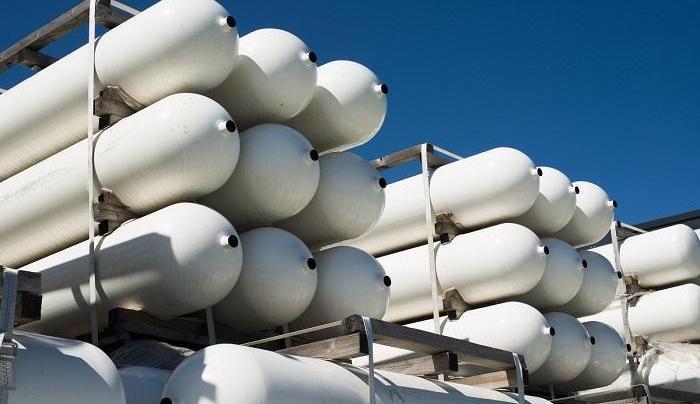Nigeria faces hurdles in promoting Compressed Natural Gas (CNG) due to the lack of a clear and consistent regulatory framework. However, a well-defined policy structure is essential if the authorities are to encourage investment and ensure a smooth transition to CNG.
CNG has been touted as a viable alternative to petrol for decades. With its lower emissions and cost-effectiveness, CNG has the potential to revolutionise the transportation industry. Sadly, despite its benefits, implementing CNG as a fuel source has faced numerous challenges. Compelled by the moment’s difficulty, we will explore the challenges facing the implementation of CNG as an alternative to petrol.
The first challenge is the cost of converting a petrol vehicle to run on CNG. It is expensive and capital-intensive, and the price is often passed on to consumers.
Additionally, the lack of government incentives for conversion means that many consumers are deterred from making the switch. The high conversion cost has also led to a limited number of CNG vehicles on the market, further limiting its adoption.
Another significant challenge is the lack of infrastructure for CNG. Unlike petrol, which has a well-established infrastructure, CNG has limited refuelling stations. This lack of infrastructure has made it difficult for drivers to adopt CNG as a fuel source. Additionally, the cost of building new refuelling stations is high, further limiting the growth of CNG infrastructure.
Furthermore, there is little awareness of CNG as a fuel source in the West, where petrol cars dominate the market. Manufacturers have continued to produce petrol cars, and little effort has been made to promote CNG as a viable alternative. This lack of awareness has limited demand for CNG vehicles and infrastructure.
The federal government recently directed marketers to install CNG dispensing pumps to achieve a spiral growth pattern for the programme. Although this directive has been endorsed by indigenous gas stakeholders seen as promising to reshape transportation, stimulate economic growth, and enhance environmental sustainability, others have taken a critical assessment where they have identified drawback tendencies along the path.
Much as the government sees this transformation as a central component in Nigeria’s energy strategy, given its cost-effectiveness, the marketers responsible for promoting it have shared experiences that could hinder progress.
While CNG has the potential to revolutionise the transportation industry, its implementation has faced numerous hurdles. The high conversion cost, lack of infrastructure, limited awareness, and lack of government support have all contributed to the slow adoption of CNG as an alternative to petrol.
Available data show that converting petrol vehicles with 1.6-litre engines could cost between N300,000 and N400,000, while tricycles with 4-stroke engines cost between N100,000 and N200,000.
Addressing these challenges will be critical to the widespread adoption of CNG as a fuel source.
Governments must provide incentives for conversion and infrastructure development, while manufacturers must promote CNG as a viable alternative to petrol.
Determining an appropriate pricing mechanism for CNG remains an issue. Uncertainty around gas pricing can deter potential investors and consumers. Taxation policies related to CNG need to be clarified. A transparent taxation framework will encourage businesses and individuals to adopt CNG.
The shift to CNG disrupts existing interests in the petroleum sector. Some stakeholders may resist this transition due to economic considerations or fear of losing market share. Overcoming this resistance requires effective communication, stakeholder engagement, and incentives to encourage CNG adoption.
The economic advantages, cleaner environmental footprint, and cost-effectiveness make CNG a beacon of hope for a sustainable energy future in the country. Partnerships with private sectors and international organisations are being forged to ensure successful integration into Nigeria’s energy landscape. As the nation navigates energy transition, CNG holds promise as a cleaner, cheaper, and more sustainable fuel option.
Switching from petrol to Compressed Natural Gas (CNG) can save Nigeria as much as N3 trillion yearly. Still, experts have said this requires a political will to fix the teething problems facing the country’s domestic gas sector.
These conversion kits are imported, and if the government works out favourable terms and conditions, such as free import duties and tax incentives, the cost per kit may fall, and more car owners may be encouraged to participate.
Despite the initial gaps and difficulties in achieving the objective, CNG stands out for its safety and stability. Unlike traditional fuels, CNG has limited flammability, reducing the likelihood of accidental combustion and minimising associated risks. This is why the government must embark on intensive awareness to disabuse most Nigerians’ minds regarding using CNG as an alternative fuel.





